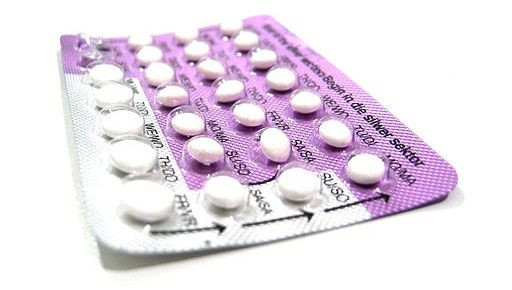Morning-After Pill: Abortion Cause? Research Says No

Birth control is at the center of the heated debate between the Obama administration and religious groups over new health care rules that require contraception to be covered for all female employees.
According to NPR, the fight is really fueled by religious groups' belief that contraceptives like Plan B are the same thing as abortion.
"The Health and Human Services preventive services mandate forces businesses to provide the morning-after and the week-after pills in our health insurance plans," said David Green, CEO of the arts and crafts chain, Hobby Lobby, which is part of the lawsuit against the federal requirements. "These abortion-causing drugs go against our faiths."
Green is referring to Plan B (the morning-after pill) and ella (the week-after pill), which are classified by the Food and Drug Administration as contraceptives -- a clear distinction from RU486 (Mifepristone), which is an abortion pill. Mifepristone is not considered a contraceptive, and is not covered by the new insurance requirements.
Susan Wood, former assistant commissioner for women's health at the FDA, is fed up with the misleading references to Plan B and ella as abortion-causing pills.
"It is not only factually incorrect, it is downright misleading. These products are not abortifacients," she said. "And their only connection to abortion is that they can prevent the need for one."
Until recently, it was up for debate whether the contraceptive pills worked before or after ovulation. If they prevent fertilization of an egg, they are definitively contraceptives. If they interfere with an already fertilized egg, anti-abortion activists can consider it a terminated pregnancy.
This gave ammunition to religious dissenters like Gene Rudd, senior vice president of the Christian Medical and Dental Associations, who said:
"It would be my preference that none of these products had any potential to cause abortion or post-fertilization effects -- that would be my preference -- but we don't know that."
Now, there is definitive research showing that Plan B prevents ovulation, and does not interfere with already fertilized eggs.
Based on a study published in the journal Contraception, the International Federation of Gynecology and Obstetrics declared that Plan B does not have an effect after ovulation.
"We've learned a lot about how these drugs work," said Diana Blithe, a researcher at the National Institute of Child Health and Human Development. "I think it's time to revise our speculations about how things might work in view of data that show how things do work."
The research on ella is still inconclusive, since research is not yet strong enough yet to definitively demonstrate that it does not destroy fertilized eggs. While Dr. Blithe believes that ella has no effect on blocking implantation of a fertilized egg, skeptics require proof.
Abortion opponents in the medical community are beginning to come around, at least to the use of Plan B.
"Up until recently I would not prescribe the Plan B product because we didn't have enough science to say it doesn't have a post-fertilization effect," said Dr. Rudd. "Now, I'm ... sitting on the fence with that."
via NPR.
Published by Medicaldaily.com



























